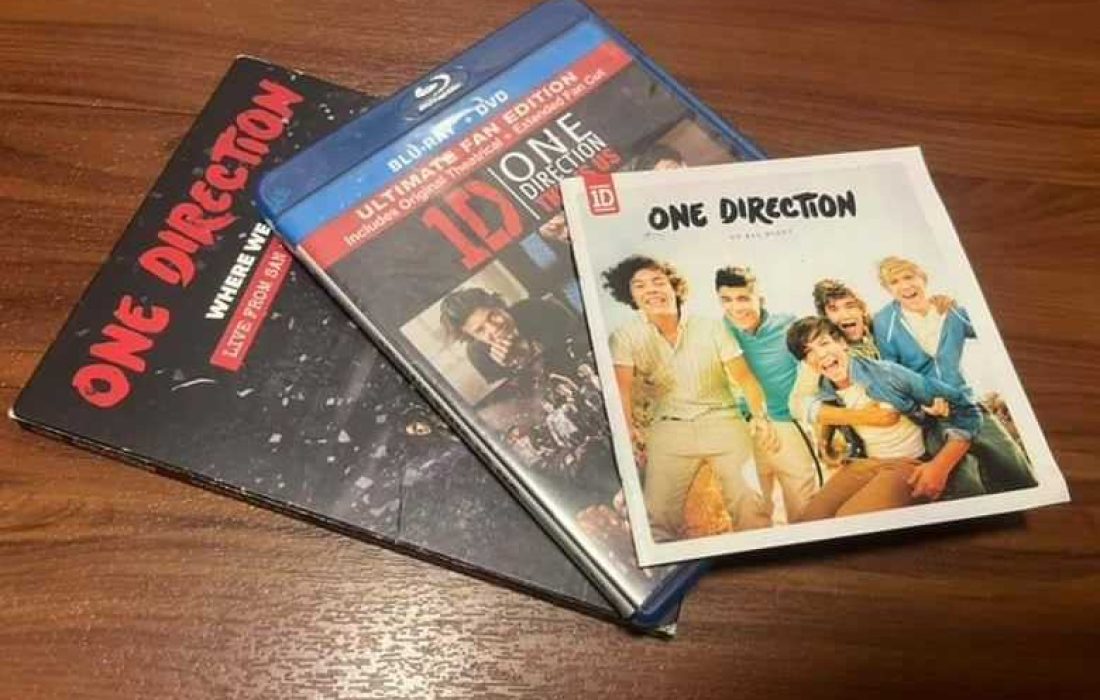Writer Victoria Palmeri cautions fans experiencing loss from misplacing their passion following the deaths of celebrities.
The Death of Liam Payne: Misplaced Anger in Fandom Grief
My mother has told me on more than one occasion how she’s seen my grandmother cry only twice in her life — the day Elvis Presley died and the day John Lennon died.
Celebrity loss is wholly distinct from personal loss. The sort of unique connection a fan feels with an artist can make their loss, which is so physically distant, hit so close emotionally.
There’s a recurring phenomenon often seen in the wake of a celebrity’s death — their former loved ones becoming the subject of intense scrutiny, selected by some fans as the one responsible for the tragedy.
As a music fan myself, I always imagined learning about the death of a musician whom you spent your formative years looking up to would be a deeply mournful and confusing experience. I never thought I’d encounter it this soon in my own life.
Liam Payne, British-born singer, songwriter and member of the legendary boy band One Direction, died Oct. 16 after a three-story fall from a hotel balcony in Argentina. He was 31-years-old.
Like millions of others in my generation, I spent countless hours of my youth watching One Direction’s music videos, scribbling various fandom inside jokes on my hands and plastering every poster of the group I could find on my bedroom wall.
The level of fame the band reached in their short time together was paramount, according to Rolling Stone, often giving them recognition comparable to The Beatles.
Payne’s tragic and untimely death shook both fans, former bandmates and the general public alike, with many sharing conflicting feelings of shock and grief over someone who was the center of controversy in recent years.
Fans across social media expressed how confused they felt over their grief for Payne, saying they were mourning the man he once was, not the man he later became.
The singer played a significant role in the childhoods of millions, but unfortunately went down a problematic path in his latter years. Particularly, his tumultuous relationship with ex-fiance Maya Henry — a fan whom he met in 2015 when she was 15-years-old at a One Direction meet-and-greet — was disagreeable to many.
Fans often misplace the anger paired with grieving the loss of a beloved celebrity, aiming it towards someone once close to them to avoid villainizing the late star. People don’t want to blame the person they’ve idolized for so long, especially in the wake of their death. Instead, this frustration gets taken out on their former partners.
Henry is now experiencing the same recrimination.
In the weeks leading up to Payne’s death, various social media posts from Henry had been the spearhead of negative discourse surrounding the late singer. Henry recently published a book titled “Looking Forward,” which she said was inspired by true events, according to People Magazine. With her former relationship to Payne being her most public one, many people speculated the book was about him.
Soon after, Henry revealed on TikTok the member of One Direction who Payne allegedly had a physical altercation with when the band was together. This information had been highly sought after by fans for years, its revelation igniting a slew of hate towards Payne on social media, which burst into a roaring flame when Henry also revealed an ex once pressured her into having an abortion, according to E!News. Many believed the ex was Payne.
Because these events became publicized in the weeks preceding his death, many fans of Payne turned their fire towards Henry following the tragic news, with some saying she was to blame.
Henry’s comments have since been turned off across her social media platforms, likely to lessen the already insurmountable devastation of this difficult time.
This isn’t a new phenomenon, but it’s been reignited by Payne’s death.
Following rapper Mac Miller’s untimely death in 2018, many of his fans directed their anger towards his former girlfriend, Ariana Grande. The pop-star was subject to thousands of posts from those mourning Miller, saying she should’ve been there for him and claiming his death was her fault.
Additionally, Singer Courtney Love experienced similar waves of hate for years following the suicide of her late husband and Nirvana frontman Kurt Cobain.
“Kurt died, and the hatred towards me reached a completely new level,” Love said in an April 2024 interview with NME. “I was not prepared for that.”
In their grief, many fans didn’t want to recognize Payne’s long time battle with mental health as a potential reason behind his death.
The hate directed towards former loved ones of musicians in the wake of their deaths is misplaced, only adding salt in the wound of an already devastating time.











